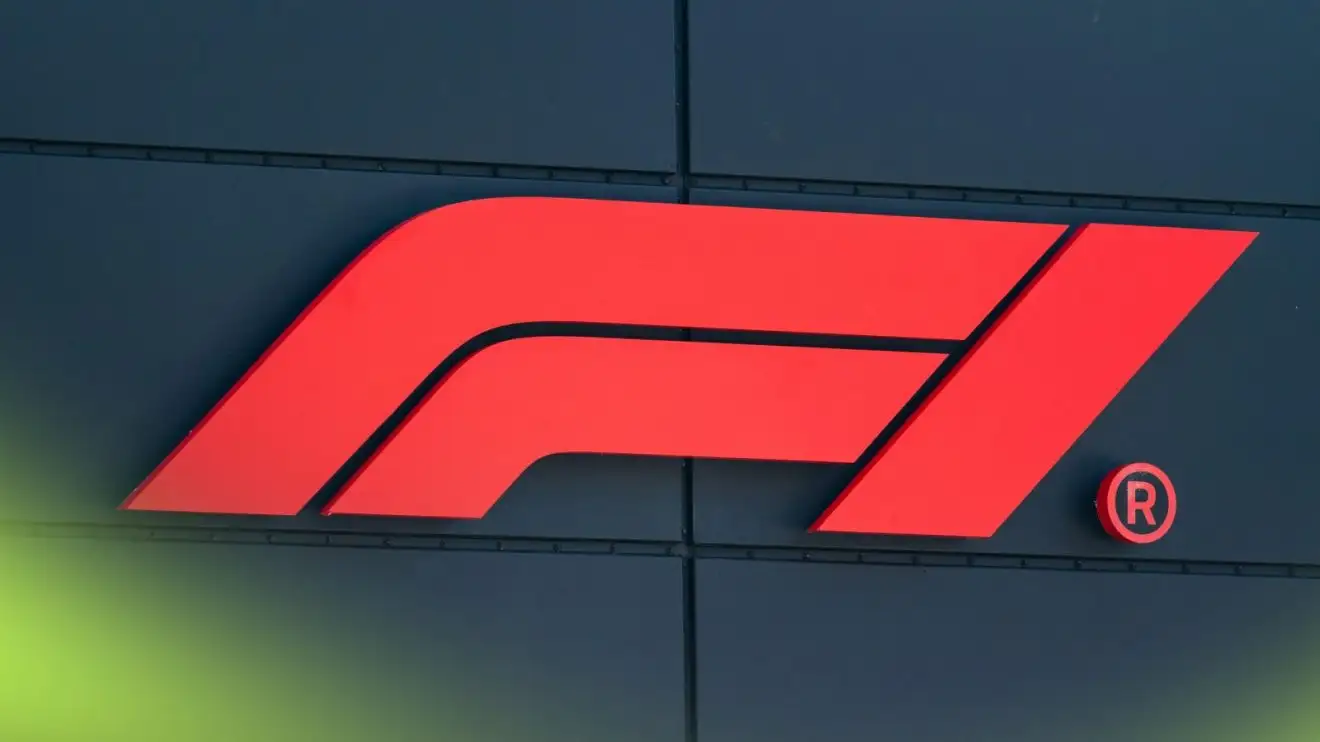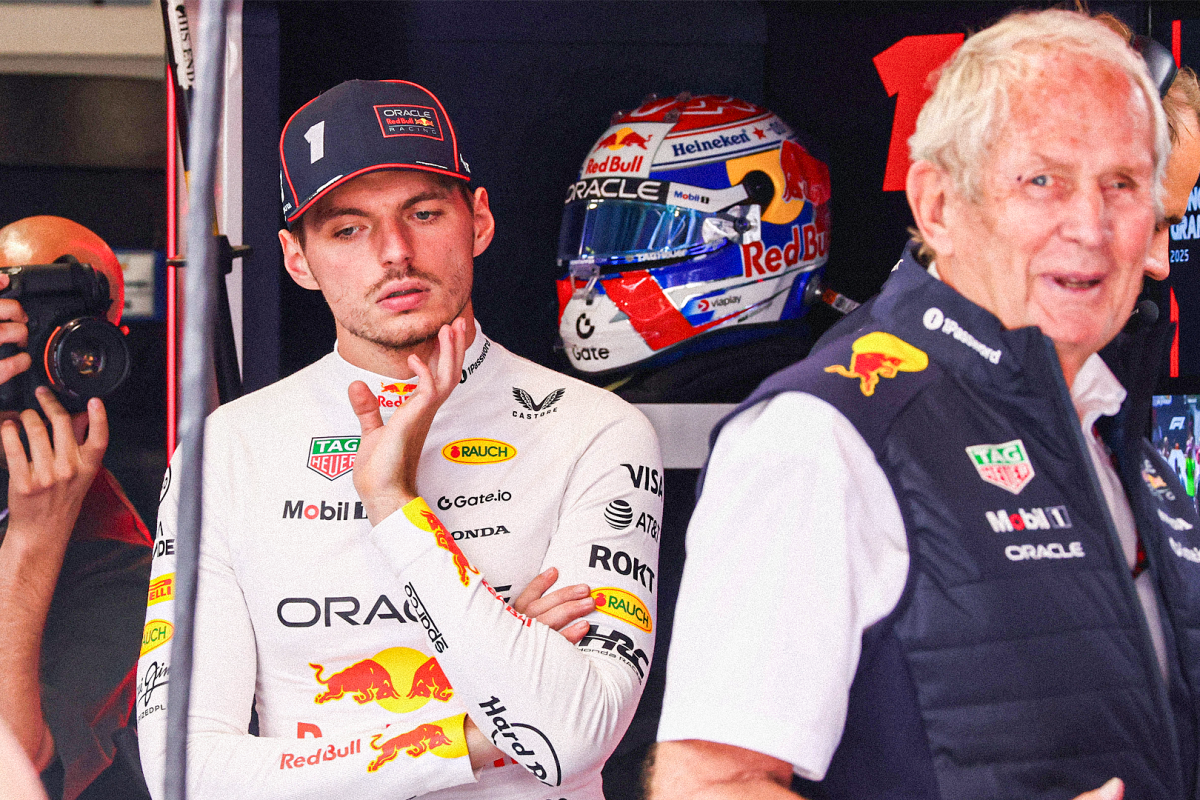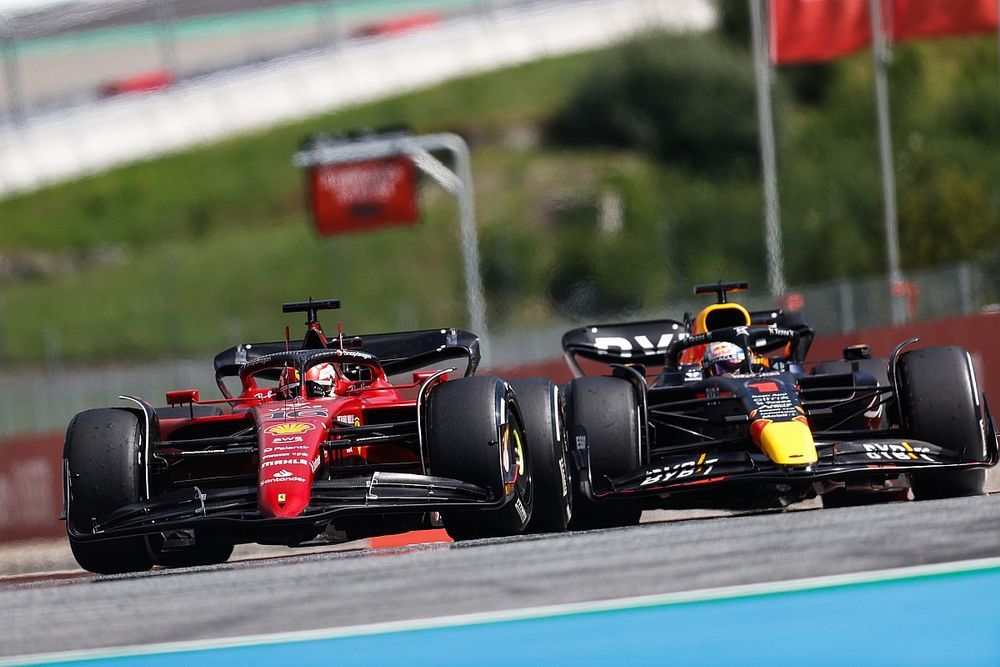FIA issue statement after crucial V10 en….read more
The FIA has released an official statement affirming that all key stakeholders remain fully committed to the upcoming 2026 Formula 1 power unit regulations, following speculation that a significant shift back to V10 engines was being considered. The clarification comes after a high-profile meeting held in Bahrain involving top-level representatives from the FIA, Formula 1 Management (FOM), and major manufacturers involved in the sport.
Recently, there had been increasing rumors that FIA President Mohammed Ben Sulayem was lobbying for a return to the iconic naturally aspirated V10 engines — a move that would have dramatically altered the current direction of F1’s technical and environmental goals. This proposal was reportedly at odds with the engine regulations already agreed upon for 2026 through 2030, which emphasize hybrid technology, sustainability, and cost efficiency. Ben Sulayem was said to have hoped for a possible V10 reintroduction by 2028, but that idea has now been firmly dismissed.
The Bahrain meeting included numerous senior figures from across the sport. Attendees included FIA President Mohammed Ben Sulayem, FOM CEO Stefano Domenicali, FIA Single-Seater Director Nikolas Tombazis, and various team principals and power unit stakeholders such as Toto Wolff (Mercedes), Fred Vasseur (Ferrari), Christian Horner (Red Bull), and other top-level representatives from Audi, Ford, Honda, and General Motors.
Following the discussions, the FIA issued a formal statement outlining the key outcomes of the meeting. Most significantly, it reaffirmed that the 2026 power unit regulations will go ahead as planned. These rules have already attracted the interest of new manufacturers such as Audi and Ford, and are central to F1’s transition to more sustainable and cost-effective technologies.
In the statement, the FIA emphasized that all parties are united in their commitment to the 2026 regulations and that there is collective anticipation for the new era of racing those rules will usher in. However, the FIA also acknowledged the need for ongoing dialogue regarding the long-term technical direction of Formula 1. This includes exploring avenues to further reduce costs and improve regulatory oversight.
The statement also highlighted that a degree of electrification will continue to be a vital part of any future engine considerations. Furthermore, the use of sustainable fuel was declared to be a non-negotiable element going forward, aligning with F1’s broader sustainability goals. The FIA also noted that discussions will take place around potential adjustments to the financial regulations associated with power unit development, with the aim of reducing costs while ensuring fair competition.
Among the executives and leaders present at the meeting were Gernot Döllner (CEO, Audi AG), Michael Moritz (COO, Sauber Holding AG), Mark Rushbrook (Global Director, Ford Performance), Mark Reuss (President, General Motors), Russ O’Blenes (CEO, GM Performance Power Units), Koji Watanabe (President, Honda Racing), and Tetsushi Kakuda (Executive Chief Engineer, Honda Racing), as well as Ola Källenius (CEO, Mercedes-Benz Group), and Mattia Binotto (COO and CTO, Stake F1 Team Kick Sauber).
A spokesperson for the FIA reiterated that the goal of the Bahrain meeting was to explore cost-effective and sustainable solutions to ensure the long-term viability of the sport and its business model. The message was clear: while there is room for ongoing innovation and dialogue, the core structure of the 2026 regulations is secure, and a return to V10 engines is not on the table.




